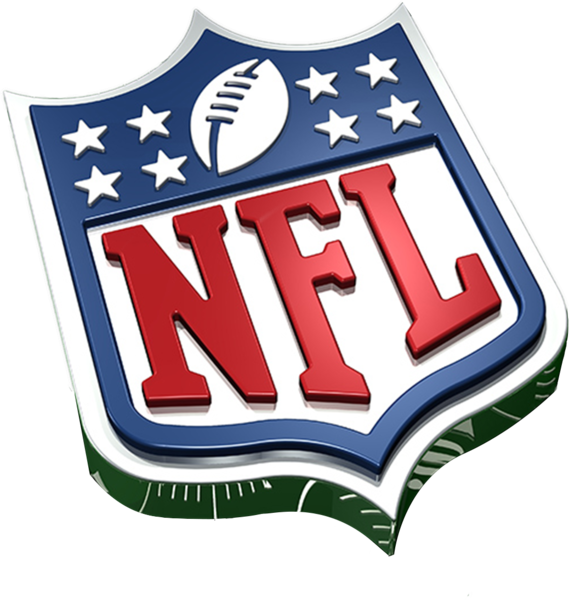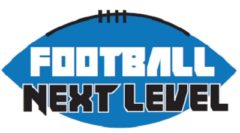
Is it against NCAA rules for players and parents to talk to agents?
No – It is not a violation of NCAA rules if a student-athlete merely talks to an agent (as long as an agreement for agent representation is not established or nothing of value is giving to an athlete) or socializes with an agent. For example, a student-athlete could go to dinner with an agent and no NCAA violations would result if the student-athlete provided his own transportation and paid for his or her meal.
Will NFL teams or scouts provide their spring grades on the player from the two scouting service (BLETSO & National)?
No – The scouting services (BLETSO & National) keep their information private and do not share it with players, parents, coaches, agents, trainers, etc. Does the information leak out there from time to time and are people able to get their hands on it, yes but it doesn’t come from the two organizations directly.
How do BLETSO and National come up with the spring grades?
Both scouting service will come in the spring and evaluate the upcoming senior’s by watching film of the prospects junior year, talking to the strength and conditioning staff, the coaching staff, and the academic staff at the school about the prospects. Some schools allow the scouts to come in and measure the prospects height, weight, hands size, arm length as well as have the prospects take the Wonderlic Test. Some schools will even allow the scouts to time their players in the 40 yard dash, but very schools will allow this now.
Can players, parents and coaches contact the College Football All-Star games to recommend a player for the All-Star game?
Yes – Anyone can contact the All-Star games (Senior Bowl, East West Shrine Game, NFLPA Bowl, etc.) to recommend a player and the sooner the better to make sure the player in on the games watch list or at least on the games radar that they would be interested in playing in the game. The best person to contact is the director of the game.
How does getting invited to the NFL Combine in Indianapolis work?
National Scouting Service, one of the two scouting service that NFL team use run it, they have a committee of 10 members and they vote on the players that are selected. Having a good spring grade goes along way to getting selected because spring grades are a road map to where NFL scouts are going to go and watch and evaluate prospects.
When can a player sign with an agent?
When his college eligibility is totally done (after last game, and college team has no more games) as a senior or if a player is going to declare early for the NFL draft he has to be 3 years removed from high school and once he declares for the NFL Draft he forfeits the rest of his college eligibility.
What is the maximum an agent can charge from the player NFL contact?
Per the NFLPA rules the maximum an NFLPA Certified Contract Advisors (agents) can charge is 3% – The agent only get paid after the player get paid off of the players signing bonus or other bonuses in the contract and the base salary.
What is the normal commission fee for marketing and off the field money made for the player?
Agents or marketing firms usually charge between 10% and 15% commission on marketing and off the field money.
Does a player have to hire an agent?
No – But NFL teams are only allowed to talk to NFLPA Certified Contract Advisors that represent the player or the player themselves. They are not allowed to negotiate with family members or other non-certified people and if they do the team could possible lose future draft choices.
How does a player sign with an agent (NFLPA Certified Contract Advisors)?
They player signs what is called an SRA (Standard Representation Agreement) that is from the NFLPA and is standard for all players. By sign this is also makes the player part of the NFLPA and Players Inc. (The marketing arm of the NFLPA). At any time the players can fire the agent and has to wait 5 days to hire another agent to represent him.
What are the steps that go into getting a Senior prospect final grade?
- Junior Day
- Junior Film Study
- Spring Grades
- Training Camp Visits (By NFL Scouts)
- Regular Season/Post Season
- College Football All-Star Games
- NFL Combine
- Pro Day/Individual Works Outs
- Team Grades (From Scouts, Front Office & Coaches)
- NFL Draft


